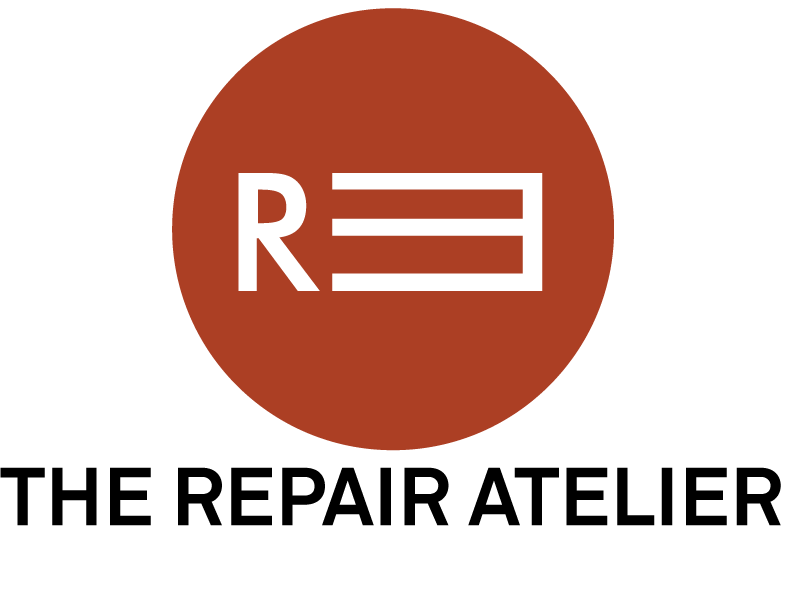On Reparations
By Matthew Shenoda
What is reparation but an act gesturing toward repair? An attempt at the restoration of cultural and communal spaces disturbed by the hubris of men. A restorative act that allows for a healing, a patching of things, a signal, a symbol, but never a replacement or a “fix.” Reparation is a culturally and communally led act that recognizes the damage caused by acts of genocide, enslavement, colonialism, trickery, deceit, and domination. A recognition that in order to forward our collective communities we must first attempt to repair the damage done. Reparation is a generative act that if done right can surface the central tenets of our humanity, the ones that desperately need focus. Reparation is not justice, as it is too often material, and justice, in my world, can never be material. But it is a symbol, a symbol of an ethics that can spark an invitation to a relational and restorative path. Reparation is a small step towards a self-determination, and self-determination is a path towards liberation; a path where we abandon the extractive for the collaborative, where in the words of Bob Marley, “we refuse to be, what they wanted us to be/we are what we are/and that’s the way it’s going to be.”

